I named my story “Hope” because hope has been my constant. What I want you to take away from my journey is that hope was the one unbreakable trait I refused to let go of throughout all my struggles. While motivation, belief, resilience, toughness, positivity, and encouragement often felt fleeting, hope remained my north star.
There were times when these other traits surged, allowing for significant growth in my mental health and personal development. However, there were also times when they seemed nonexistent, no matter how hard I tried to summon them. No matter how low and dark my days became, or how difficult it was to get out of bed and face the world, I always held onto a sliver of hope that I could change and conquer my adversities if I kept trying. I never accepted defeat.
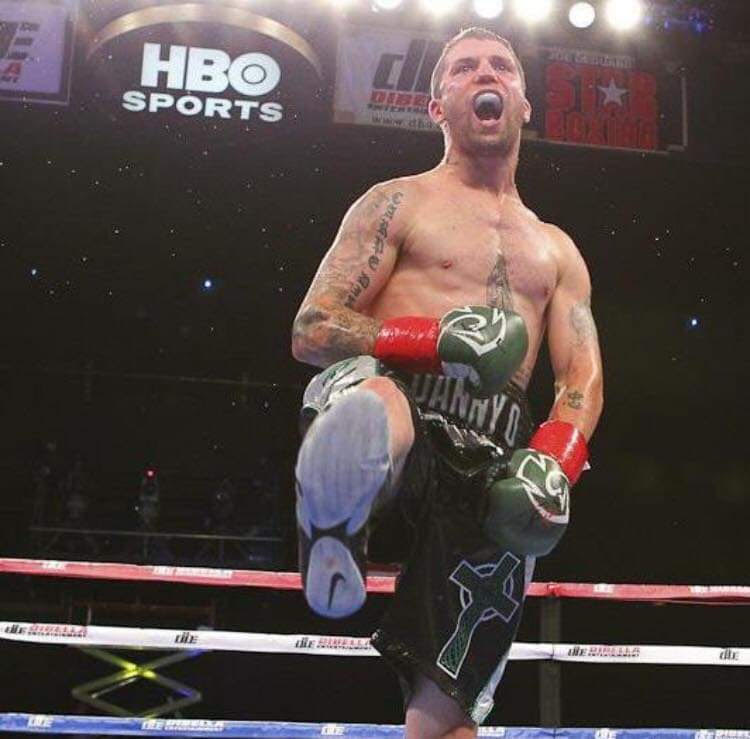
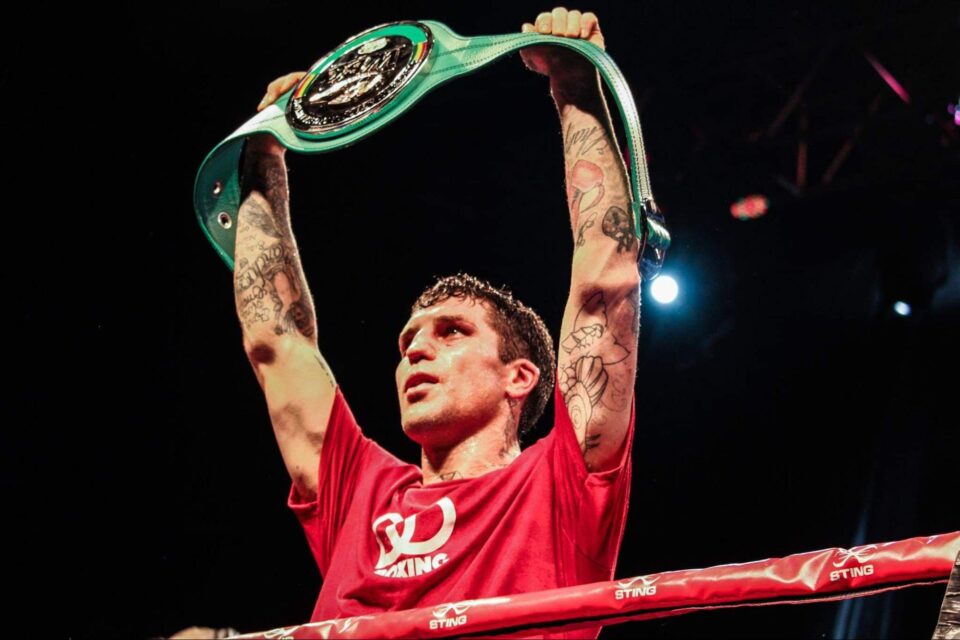
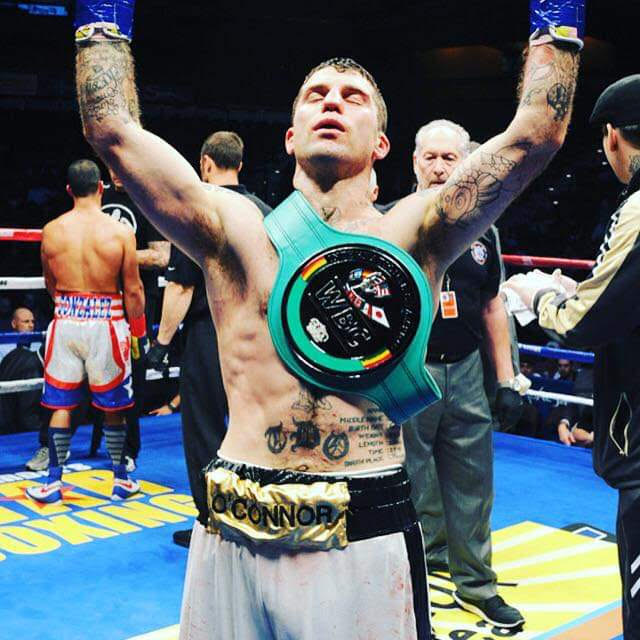
If I just kept going and working towards a better me, I had hope that things would change. It became non-negotiable for me: as long as there was even 1% of hope, there was always the possibility of a better tomorrow if I continued to show up in that day. When there is hope, there is always a chance for change.
My story begins in a Boston suburb during high school. I started wrestling in my freshman year and, by my sophomore year, I had become a Division One state champion. I was looking forward to the possibility of wrestling at Iowa, fulfilling my dream of training under coach Dan Gable.
At that time, there were not many advancements in weight maintenance. I resorted to extreme measures, starving myself to the point of emaciation, using pharmaceutical laxatives nightly, and depleting my body of water for days at a time. There were instances when I went days without drinking anything to make weight and even weeks without food, other then no nutrient snacks like saltines. Despite these challenges, I managed to achieve honor roll status academically.
As an adult reflecting on my past, I’m unsure what caused my sudden decline. Was it the intense weight-cutting tactics that burned me out on sport and life? Growing up in a large city with a school class of 4,000 plus kids and falling through the cracks? Or the lack of positive role models to guide me as I started to slip? It could be one of these factors, a combination of all of them, or something else entirely.
The transition from my sophomore to junior year was polar opposite. I failed every class, and my eligibility for wrestling was taken away. I dropped out of high school, leaving home and becoming part of a crowd that didn’t attend school, didn’t go home, and lacked any positive guidance. I went from having a home and a warm bed in a loving family to living on the streets.
Up to that point, I had never been in trouble, but I went from that to being arrested multiple times and facing 22 criminal charges against me before I even reached adulthood.
I became sick of who I was, spending every other day in court and witnessing the direction my life was heading. My peers were all going to college and beginning to venture into their next chapters, wide-eyed and excited about the future. I knew my outcomes could only be jail, institutionalization, or death, and I saw this happening to those around me already.
Sitting in the basement court holding cell as a child, shackled with inmates from the House of Corrections, waiting to stand in front of a judge who had the power to take away my freedom for as long as he saw fit creates an uneasy feeling in the pit of your stomach that I wouldn’t wish on anyone. I was not a bad kid I was lost.
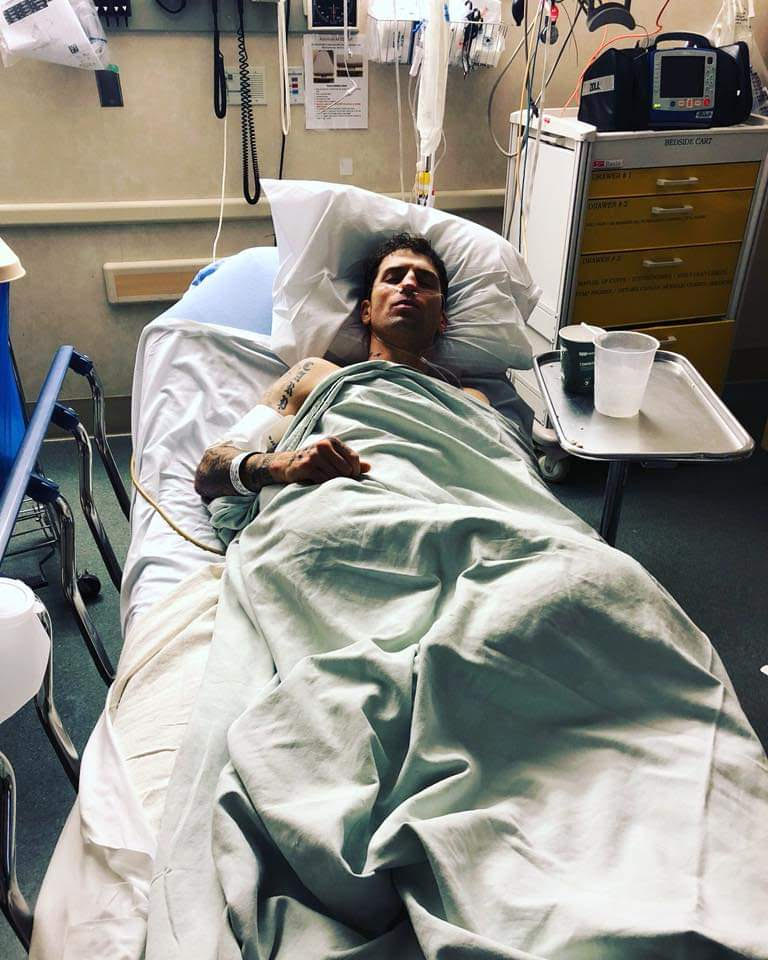
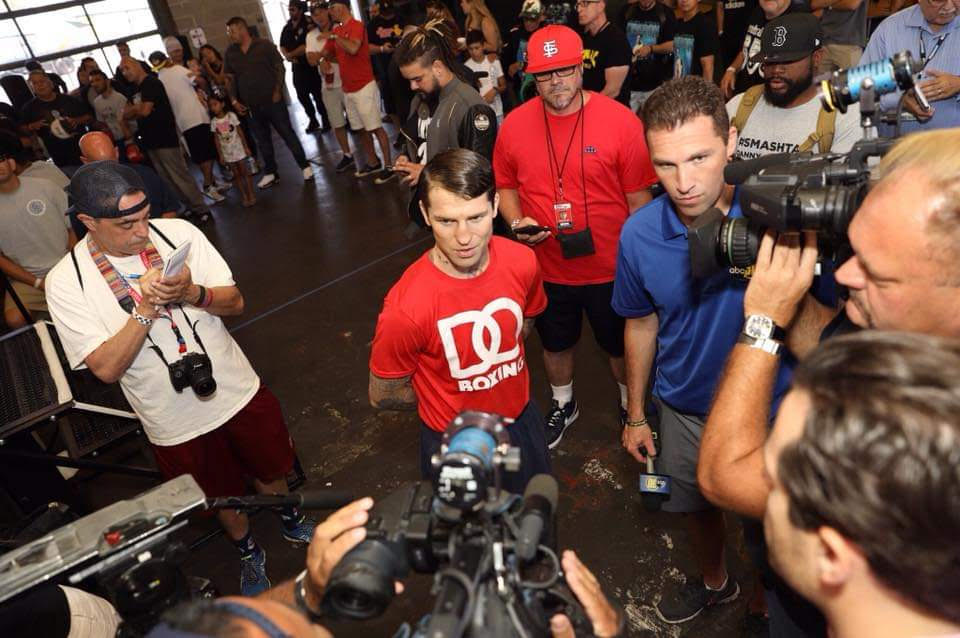
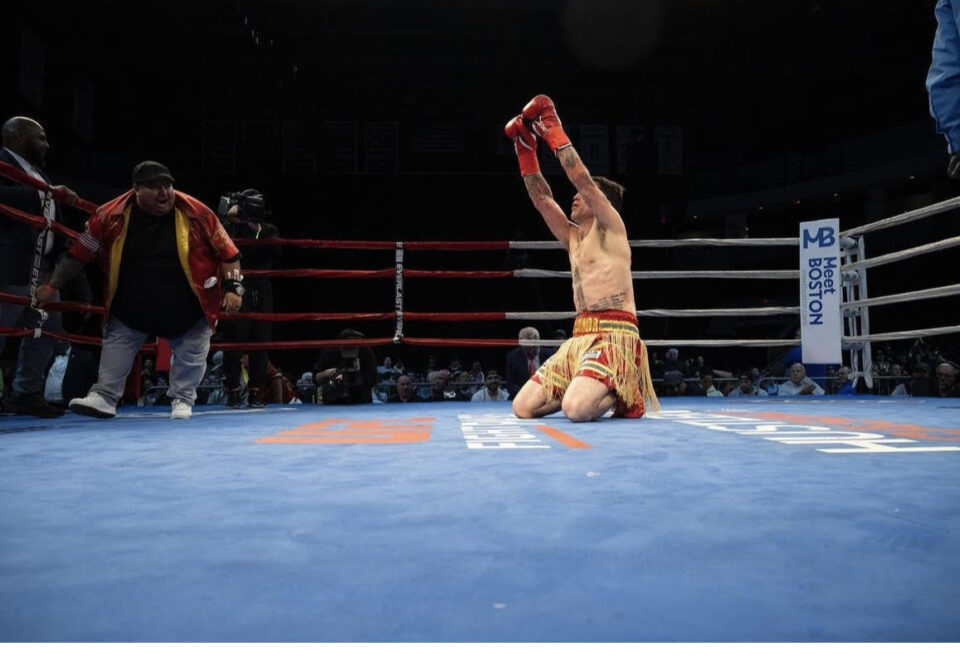
Before facing death, institutions, or an extended jail sentence, I decided to sign up at the local Police Athletic League boxing gym, which was free for kids in the community. Boxing took me off the streets and allowed me to focus on something positive. Training made me feel good internally, and I spent every waking moment dedicated to it. It turned out I could box well, too. Within three years of ever stepping into the ring, I won the local Golden Gloves three times. I also won the National Golden Gloves and the U.S. Nationals in the same year—a feat achieved only by Sugar Ray Leonard, Tommy Hearns, and myself in the history of boxing.
I became one of the top-ranked boxers in the USA and represented my country in dual meet competitions against other countries worldwide. I was a member of the United States Olympic boxing team and traveled to the Olympic Games in Beijing, China, to represent the United States. My journey was covered by local media constantly and received national attention, including features in Sports Illustrated. My life transformed completely—from being forgotten and labeled a troubled kid to being praised for my accomplishments and success in a positive light.
After the Olympics, I knew my life was dedicated to boxing, and I turned professional. I currently hold a record of 31 wins and 3 losses. I was previously ranked top 10 in the world by all the world boxing sanctioning organizations. My fights have been showcased on networks such as Fox Sports 1, NBC Sports, ESPN, and Showtime Sports, among others. I have won both a Celtic Nations Championship belt and a WBC International Championship belt. My career was supported by the Dropkick Murphys, who provided me with invaluable guidance and promotion around the world.
I told myself after wrestling that I would never go back to a scale again. It’s ironic how life works because I have now invested the last two decades into a career that revolves around a scale and weight class.
The only weight maintenance tactics I knew came from my wrestling background. During my early years in amateur boxing, I continued the same practices of completely starving myself for extended periods and depleting my body of all water to make weight. Then, I would gorge myself with as much water and food as I could hold to try to replenish before stepping into the ring to fight.
The days leading up to a fight, my daily intake would only consist of only 16 ounces of water, half a head of iceberg lettuce with no dressing, one can of raw tuna, and a few saltine crackers. This was my daily regimen, and at times, I upheld it for weeks before a fight. The main difference between high school wrestling and boxing was that I was now working out three to four times a day. I also added tactics like wearing sauna suits, spending time in hot saunas, and other methods to deplete my water weight. Many times, I would spit 4 to 8 pounds at a time into plastic bottles while sucking on Jolly Ranchers as a last resort when I had no energy left to move. To this day, just having a Jolly Rancher makes me feel nauseous.
These were all tactics that jeopardized my life, but I learned the hard way that the eating habits I was instilling in myself were becoming deeply rooted and, over time, uncontrollable. For every depletion pre-fight, there was an equal rebound post-fight, which manifested as an eating binge. As time went on, it evolved into multiple binges. Eventually, it became an every-meal binge, then an all-day binge. Ultimately, it transformed into one continuous binge lasting weeks until it was time to return to training camp, reset my focus, and go back into depletion mode.
As an amateur, we fought weekly and monthly, participating in national tournaments where we would compete five times in one week, all requiring weigh-ins. It was easier to maintain weight during this time because binges came and went, allowing for more time in the depletion cycle as I prepared for fights more frequently.
As a professional, however, I would fight maybe once a month, or once every three months, and as my career progressed, it became more like once every six months. This is when the shift happened; the binge cycle took over, lasting longer than the depletion cycle.
I would binge for months and then deplete for 6 to 8 weeks during training camp, repeating this cycle for years leading up to each fight. I would weigh in at 139 lbs for the match, but after a short break before the next training camp, I often returned bloated and almost unrecognizable, sometimes weighing as much as 200 pounds. Then I would deplete again, lose all the weight, weigh in once more, and start the cycle all over again.
I have tried every diet fad in an attempt to shift toward some sense of normalcy in how I ate. When protein shakes became popular, I started incorporating them into my routine because I thought they would be easier to control. There was a time in my career when I lived off a liquid diet of shakes, realizing that if I didn’t eat solid food ever I could lose weight more quickly. The thought behind that was if I wasn’t eating I wouldn’t binge
At first, I could easily control the depletion and binge cycles and switch between them at the drop of a hat. I managed one during my downtime and the other during the discipline of my training camp. However, as my career progressed and my eating disorder deepened, the two cycles began to blend together. I found it increasingly difficult to break free from the binge cycle to the depletion cycle for years.
As both my career and eating disorder advanced, I had to make my weight-cutting tactics more extreme, unhealthy, and increasingly risky. I was training hard and making weight, but I was also binge eating daily uncontrollably.
I had my tricks. I couldn’t control my binges but I learned to adjust. I knew that if I binged on unhealthy foods, I would get bloated, retain water, and fail to make weight. So, I took the path of least resistance by monitoring what I allowed myself to binge on. While I couldn’t stop the binging entirely, I tried to soften the blow. My go-to was frozen peas; some nights, I would eat ten bags of them with vanilla protein powder sprinkled on top for flavor. For a long time in my life my body’s connection to food felt almost non-existent
In 2018, I was slated to fight for the official WBC World Championship Belt on ESPN in front of the world. That is the most prestigious and famous world championship belt. This was the opportunity I had worked my entire career for—truly a chance to compete at the elitest level and change my life forever with a victory. It was the Super Bowl or World Series of my profession.
On the morning of the weigh-in, I woke up 14 pounds overweight. Before the sun rose, I headed to the sauna, staying there for hours and hours, using every tactic I could to shed the weight. I got within one pound, but it came at a cost. The paramedics scraped my lifeless body off my hotel floor, and I spent two nights in the hospital. As I lay in bed, watching ESPN broadcasting the fight event I should have been attending I listened to the fight commentary criticize my professionalism. The opportunity I had worked my entire life for was gone in an instant—my life nearly was too.
I wish they knew. I am one of the most disciplined people. There was a time when every meal I ate was weighed, measured, and prepared five days in advance. I was methodical, calculated, and never broke my routine while preparing for competition. The unhealthy eating habits I developed were instilled so deeply over the years, reinforced day after day, that they became second nature. It wasn’t as simple as just stopping.
Food became the answer to everything—every fear, every celebration, every night. There were days when I would eat until I vomited, pass out, and wake up only to start again. Sometimes, I’d find myself going to the grocery store up to 10 times a day.
I tried so hard for so long, doing everything I could to overcome, eat normally, and not allow food to control every decision I made or every aspect of my life. For a decade, I held on to hope, even when it was only 1%. I kept hope, kept trying, day after day, to figure it out. My eating disorder took so many things from me over the years. My nonnegotiable, it was never going to take my hope. As a male in an eating disorder world my journey was always lonely and behind closed doors. I never felt connection and I always felt like I suffered in silence.
My mental health was impacted immensely. Knowing how disciplined I was an not being able to control actions and habits tore me apart inside. I watched my boxing career slip away from me. I watched so much time pass me by when I was stuck. I watched missed opportunities come and go because my eating disorder wouldn’t allow me to take part in them. There were times in the journey that I questioned living life. Not only because of the emotional roller coaster but because of the disconnect I felt. I always felt like as a male no one understood what I was dealing with even when I was crying out for people to listen. They did listen but I always felt dumb telling them. For years I didn’t look myself in the face in the mirror. I wouldn’t look at my body naked and would only shower daily in complete darkness.
Today, an eating disorder no longer controls me. I have no emotional attachment to food or what I eat. If I overeat, I bounce back immediately. I eat whatever I want with out reserve. I love my body and myself. I competed in boxing recently with healthy habits, no unhealthy weight cut tactics, and a story book win inside the ring. I ate breakfast the day of weigh in. Facing a scale again was difficult but I conquered it. I look myself in the eyes in the mirror everyday. I hoped that tomorrow would be different everyday for a decade. I matched that hope with some sort of action everyday to be better. Some days I ran toward improvements. Other days the best I could do was crawl. All the personal development work and consistent effort changed me. It was a long road but if I had at anytime given up hope and efforts I would have not reached it. Don’t quit trying to overcome. Don’t give up. Make hope and the determination to keep going and overcoming non negotiable. Commit to the journey of self-betterment, because growth, improvement, and recovery are marathons, not sprints. Keep finding your footing.
If you’re reading this and feel like all your hope is lost—if your courage, strength, and resilience have dwindled down to nothing—remember this: tomorrow is a new day. It’s a day full of new possibilities. If you can hold on to just a sliver of hope, anything can happen. You are not alone. If you’ve exhausted every person on your support list, before making any final decision that you can not retract, call me. I’ll tell you why the world is a better place with you in it, whether you have an eating disorder or not.
Danny O’Connor
INSTAGRAM @therealdannyoconnor

